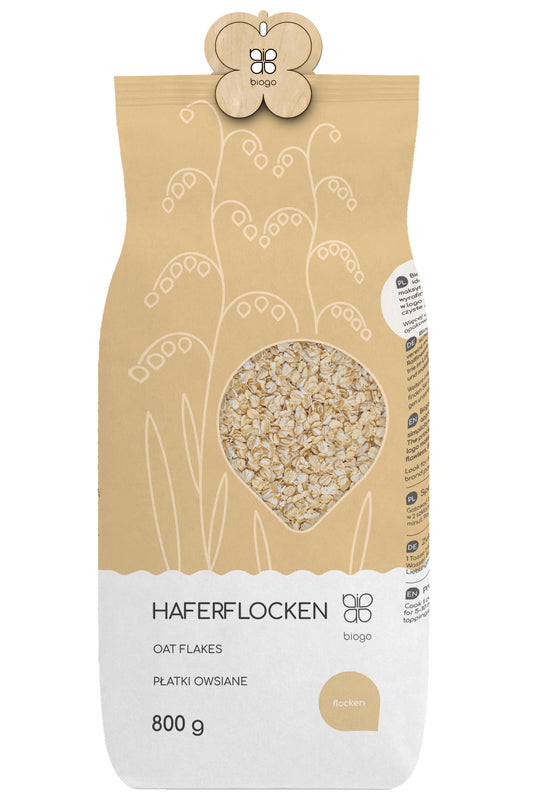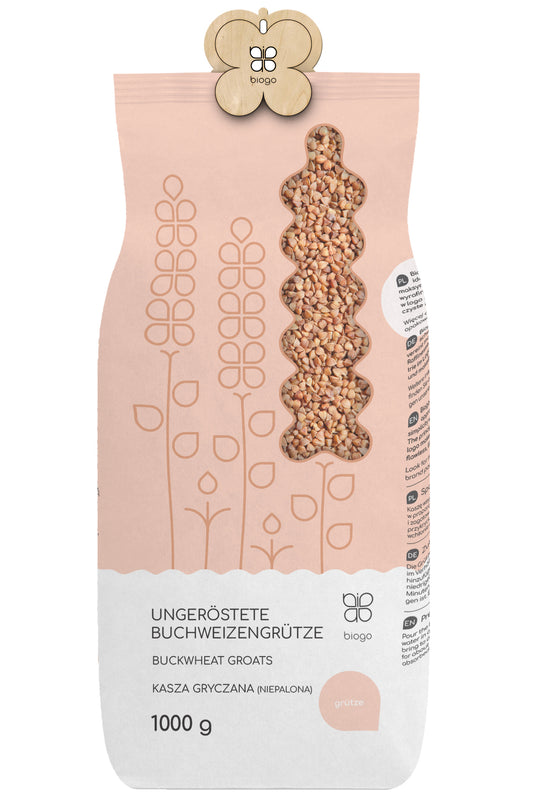Vitamins and minerals - influence on the correct course of pregnancy
The nutrition of expectant mothers and nursing mothers is of great importance for the development of their children. As a result of numerous observations and studies, scientists have concluded that the nutrition of expectant mothers is one of the factors that creates the conditions in their womb—that is, the environment for the development of their children. If this environment is unfavorable, adverse changes can occur in the child's body. These, in turn, can lead to various diseases.
Doctors and nutritionists emphasize the importance of proper nutrition for expectant mothers. At the same time, they note that the changes taking place in their bodies (including those resulting from the rise in progesterone levels) limit the absorption of certain vitamins and trace elements. Moreover, the developing child increases the demand for some of them.
The expectant mother should therefore support a species-appropriate diet with appropriate nutritional supplements already during the period of trying to conceive and continue this combination until the end of breastfeeding.
Which vitamins and ingredients should you take when planning a baby, during pregnancy or while breastfeeding?
The most important ingredients are folic acid, iron, vitamin D3, omega-3 and iodine.
During pregnancy and breastfeeding, the need for other vitamins and trace elements also increases significantly.
The body of the expectant mother must meet both her nutritional needs and those of the developing baby.
Folic acid
This is one of the most important relationships for a developing child. Its deficiency can contribute to the development of defects in the child's nervous system. Studies show that this component also influences the child's proper birth weight and the appropriate duration of pregnancy. Folic acid is also necessary for the health of the expectant mother—it affects her immune system and blood production, among other functions.
Your doctor should decide how much folic acid you should take. Recommended doses depend on the risk of fetal malformations and range from 400 μg to as much as 5 mg daily.
It's worth noting that for folic acid to be properly utilized by the body, it must be converted into its biologically active form, 5-MTHF. This transformation involves the enzyme 5-MTHF reductase (MTHFR). According to data, up to 40% of the European population has problems associated with reduced activity of this enzyme. As a result, the body doesn't metabolize folic acid properly. In such cases, it's recommended to supplement with an active form of folic acid that doesn't undergo the aforementioned conversions.
iron
Supports the immune system and blood formation. A deficiency of this ingredient can lead to premature birth. Iron deficiency in breastfeeding mothers can negatively affect the child's psychomotor development. Natural sources of iron include offal (mainly liver and kidney), red meat, and eggs. Iron absorption is reduced by the presence of certain proteins, polyphenols, and phytates and increased by the presence of vitamin C.
The Polish Gynecological Society recommends iron supplementation for women at risk of iron deficiency. The recommended dose is at least 18 mg when planning a pregnancy, 26-27 mg during pregnancy, and 20 mg during breastfeeding.
Vitamin D3
It is necessary for the proper development of the developing child's skeletal system. It also affects the mother's health—her immune system, as well as her muscles and bones. Transdermal synthesis, which occurs when the body is exposed to sunlight, covers approximately 80% of the daily requirement for vitamin D3. Due to Poland's geographical location, adequate sunlight is generally not possible in autumn and winter. The remaining 20% of the vitamin D3 requirement is met through a species-appropriate diet (e.g., eggs, fish).
The Polish Gynecological Society recommends that women planning pregnancy, pregnant women and breastfeeding women take vitamin D3 in a dose of 2,000 IU / day.
DHA/EPA
Their supplementation is extremely important for both the developing child and the mother's health. DHA is necessary for proper vision and brain development, and EPA contributes to proper heart function. If a pregnant woman consumes little fish, it is recommended to consume at least 600 mg of DHA per day. At the same time, it is recommended to continue supplementation during breastfeeding to ensure optimal DHA levels in breast milk. The source of DHA should be small fish or algae of the genus Schizochytrium.
iodine
During pregnancy, the need for this element increases significantly due to its loss through the kidneys and the needs of the developing child. Iodine deficiency in expectant mothers can lead to damage to the central nervous system of the developing child and increase the risk of cerebral underdevelopment. Specialists recommend that women consume 200 μg of iodine daily from the time they plan a pregnancy until they stop breastfeeding.
Other vitamins and minerals
During pregnancy and breastfeeding, the need for other micronutrients and vitamins also increases. For example, vitamin A (up to 85% during breastfeeding), vitamin C (up to 60% during breastfeeding), vitamin E, B vitamins, zinc, magnesium, selenium, and biotin.
It should be noted that the changes taking place in the expectant mother's body limit the absorption of certain nutritional components. In such a situation, a balanced diet can be supported by nutritional supplements tailored to a woman's individual needs.
THE PUBLISHER'S CHOICE
Dried dates 1 kg BIOGO
- £4.00
£5.00- £4.00
- Unit price
- / per
Peeled sunflower seeds 1 kg BIOGO
- £3.00
£4.00- £3.00
- Unit price
- / per
Dried organic mango 400 g BIOGO
- £10.00
- £10.00
- Unit price
- / per
Dried White Mulberries 500 g ORGANIC
- £6.00
£7.00- £6.00
- Unit price
- / per
Organic Ground Turmeric 500 g BIOGO
- £6.00
- £6.00
- Unit price
- / per
Oat flakes 800 g BIOGO
- £3.00
£3.00- £3.00
- Unit price
- / per
Milk thistle seeds 1 kg BIOGO
- £4.00
- £4.00
- Unit price
- / per
Popcorn (corn kernels) organic 1 kg BIOGO
- £6.00
- £6.00
- Unit price
- / per
Organic cashew nuts 1 kg BIOGO
- £18.00
- £18.00
- Unit price
- / per
Unpeeled buckwheat groats 1 kg BIOGO
- £3.00
£3.00- £3.00
- Unit price
- / per







































































































































